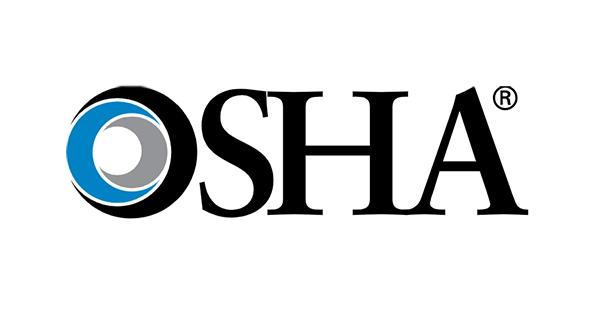
OSHA Proposes Interim Rule for Handling Retaliation Complaints
- posted: Jul. 20, 2023
- Employee Rights, Whistleblower Litigation
The Occupational Safety and Health Administration (OSHA) has created a new rule to enhance antitrust whistleblower protections. Under the new rule, employees and contractors are protected from retaliation when they provide information regarding federal antitrust and criminal law violations.
OSHA’s new interim rule
The new rule pertains to retaliation complaints under the Criminal Antitrust Anti-Retaliation Act (CAARA). CAARA prohibits employer retaliation against employees, contractors or agents reporting Sherman Antitrust Act violations, as well as criminal violations committed while violating the Sherman Act.
This rule specifically allows eligible individuals who have been fired or otherwise experienced retaliation to file a complaint with their regional OSHA office. The employee, contractor or agent has 180 days after the retaliatory conduct to file a complaint. At that point, OSHA will issue findings as to the claim’s apparent reasonableness. If they find there’s reasonable cause to believe retaliation occurred, OSHA will issue a preliminary order of relief. This may include reinstatement, back pay with interest and special damages.
Whistleblowers are also eligible to bring an action in the appropriate U.S. District Court, should OSHA fail to issue a final decision within 180 days of filing the complaint.
What this means for employers and employees
Employers should take care to ensure that they have internal reporting procedures for employees to report possible antitrust violations. They should also make sure their supervisory employees are adequately trained in how to handle complaints while avoiding violations.
Employees can ask their employer what kind of reporting policies are in place—and if you notice a violation, consider filing a whistleblower complaint.
Whistleblower actions help root out legal violations and corruption. If you’ve noticed wrongdoing at your place of employment, consider blowing the whistle. A knowledgeable whistleblower attorney at Kardell Law Group can help. Call today for a consultation.

